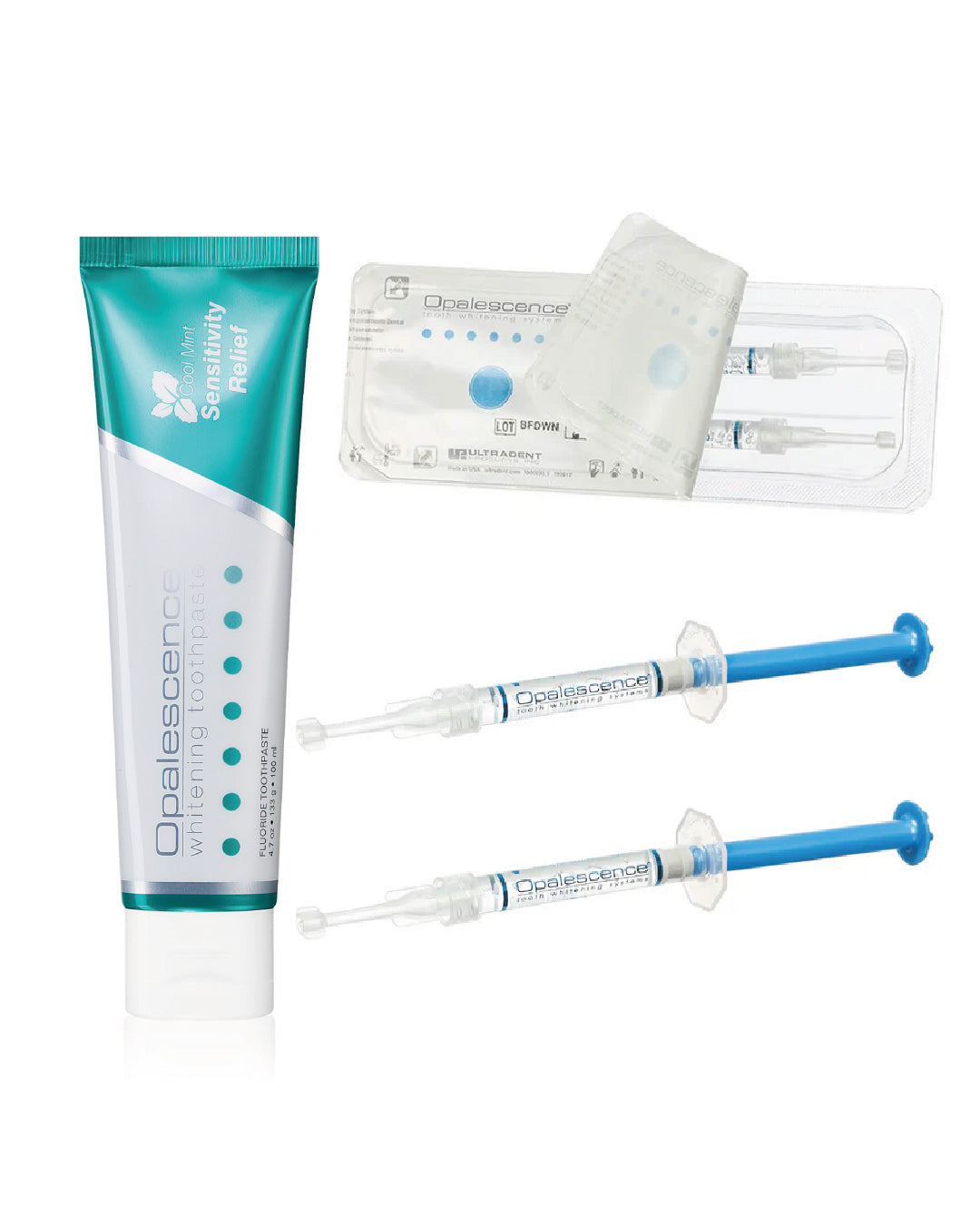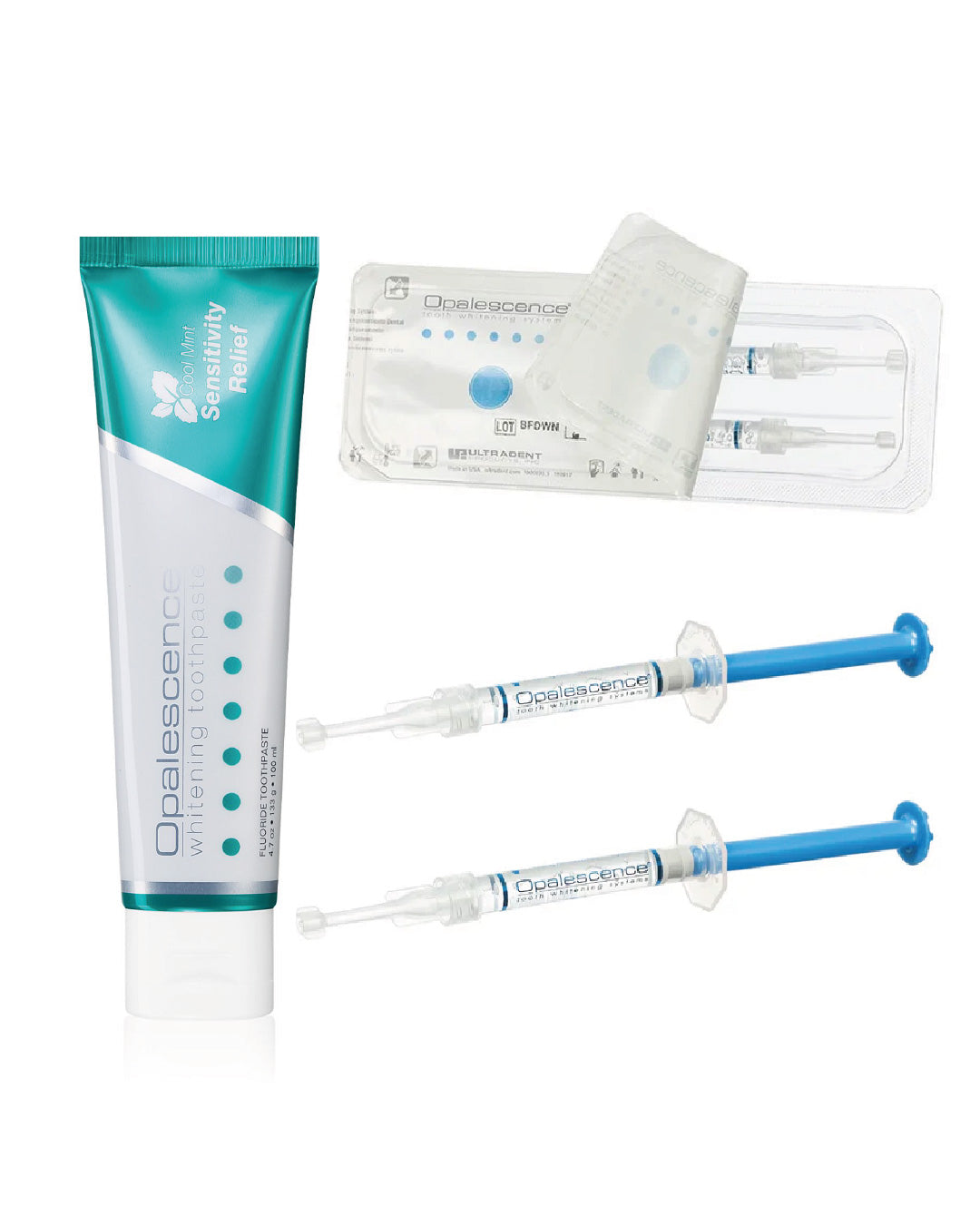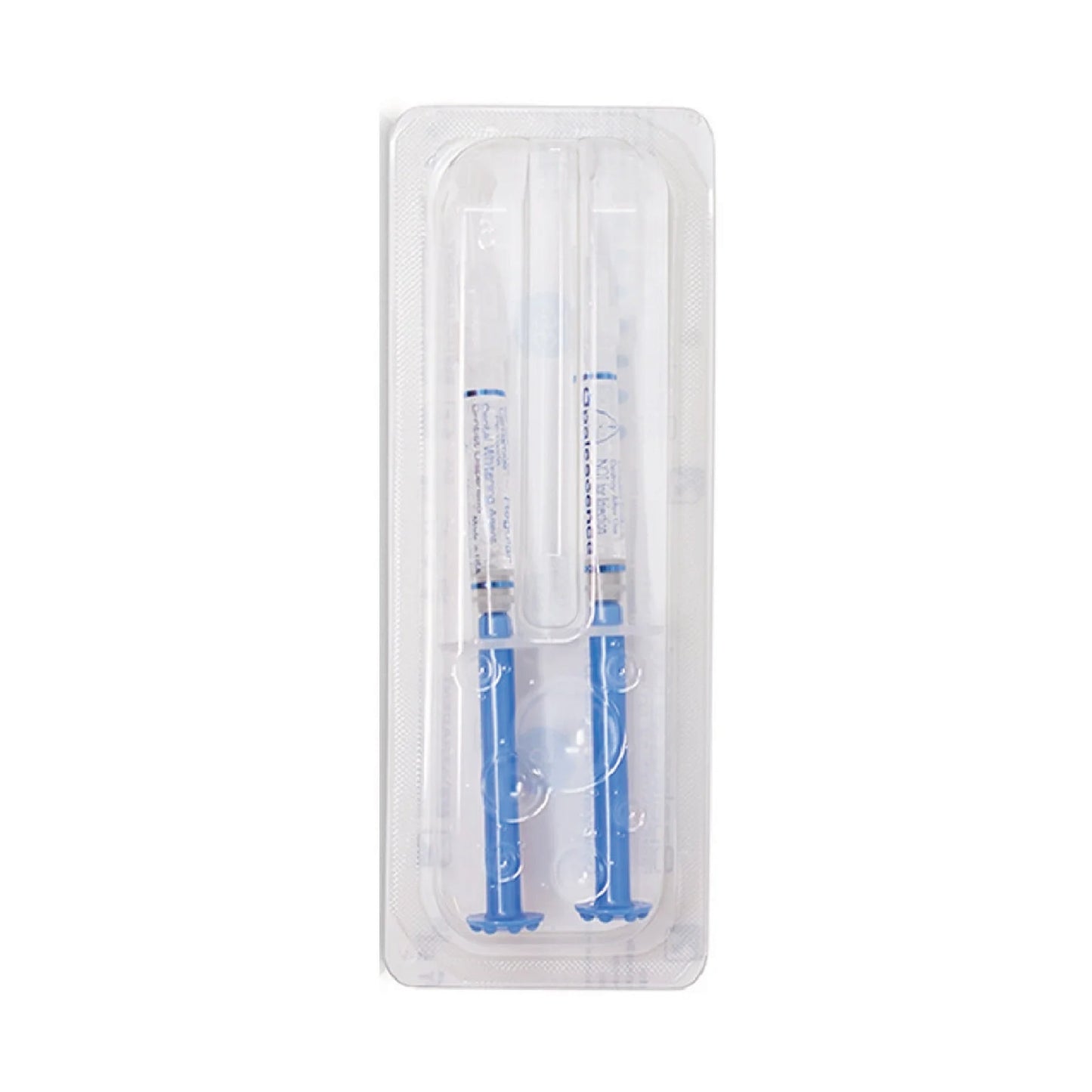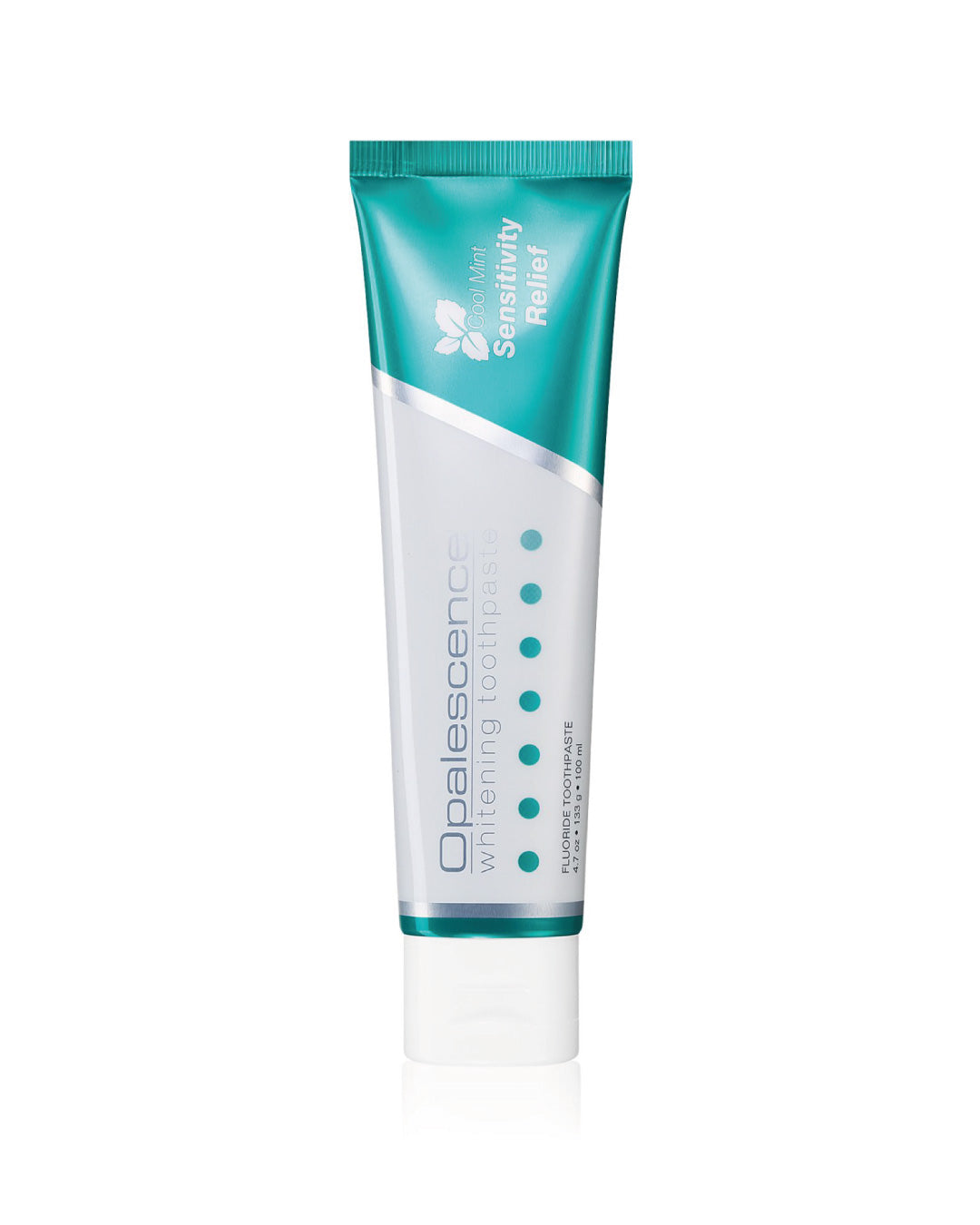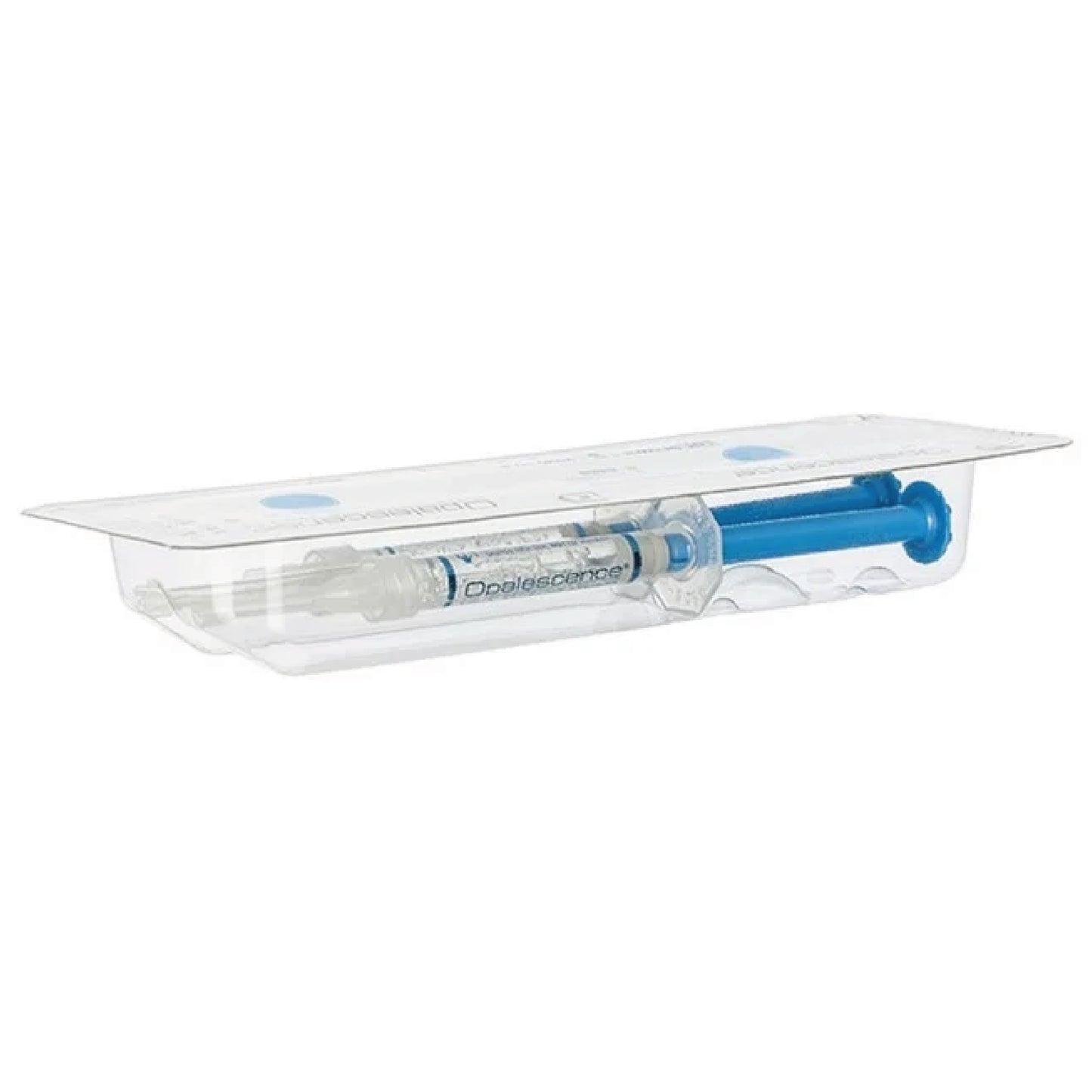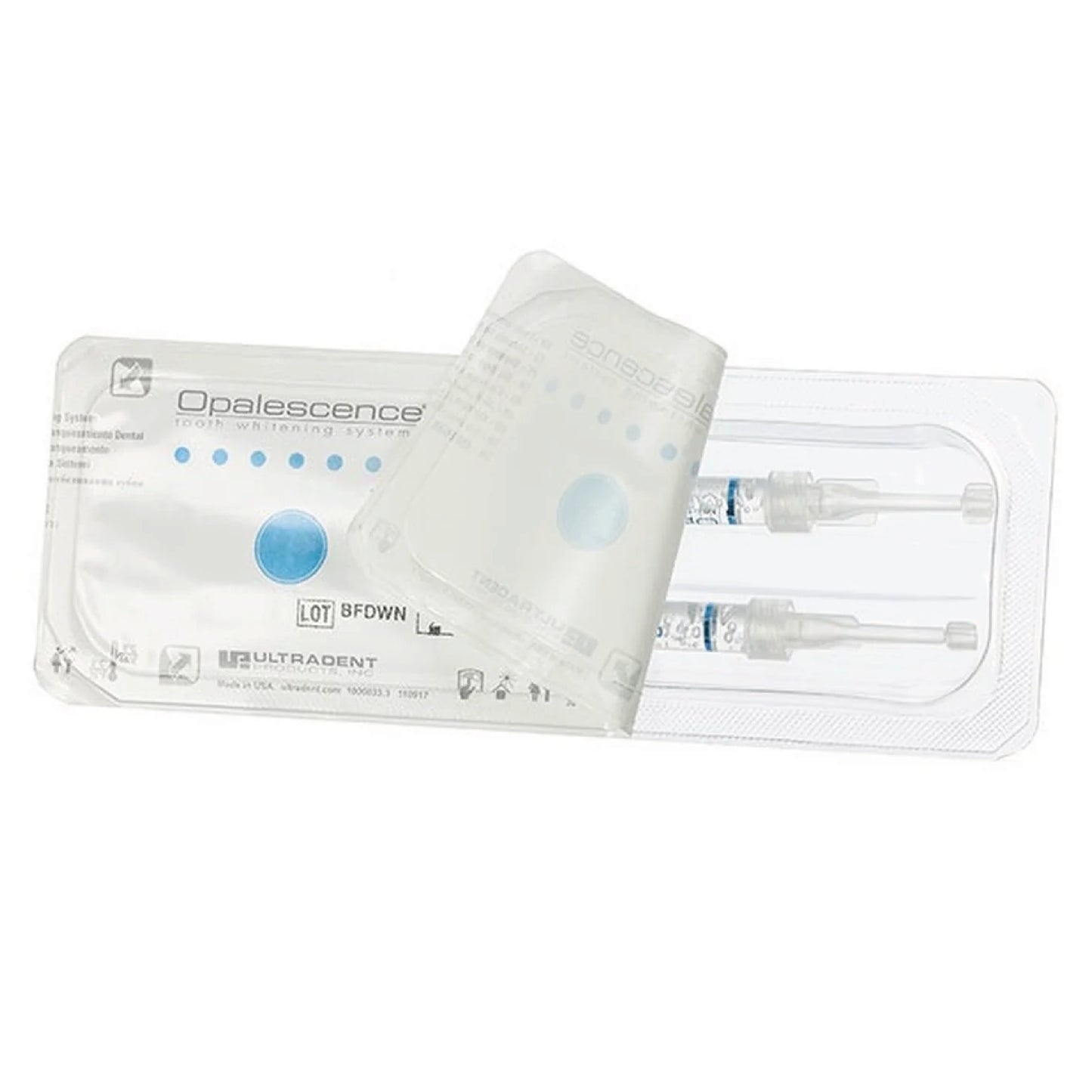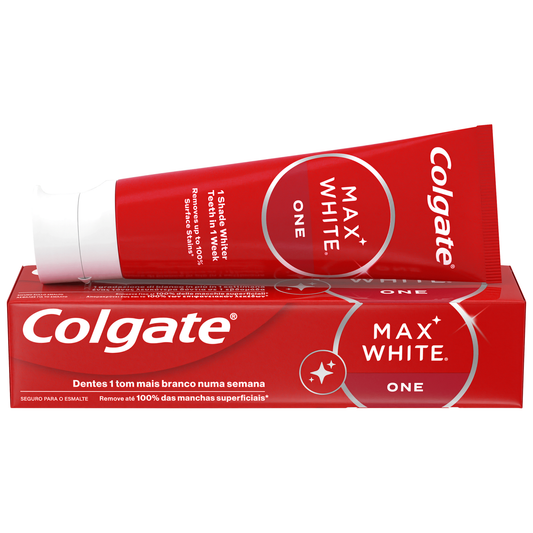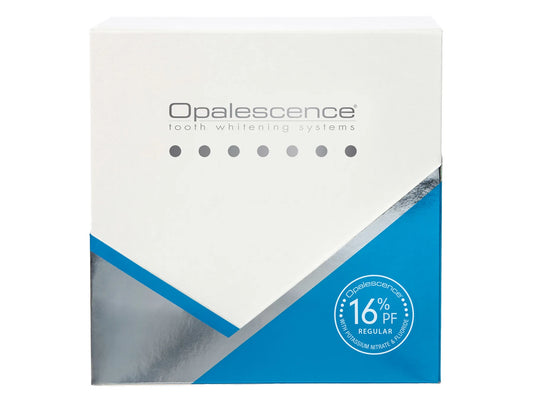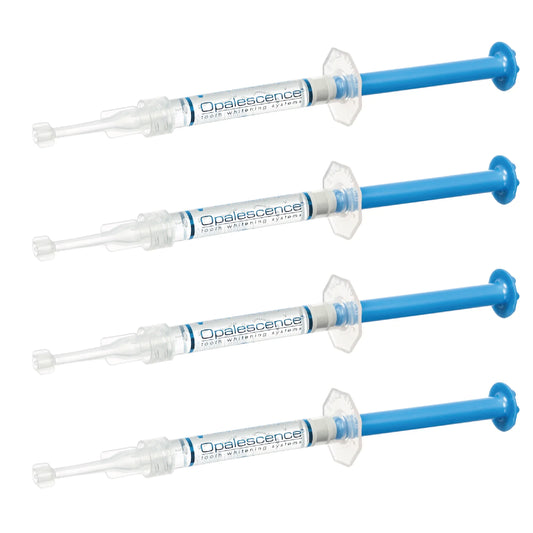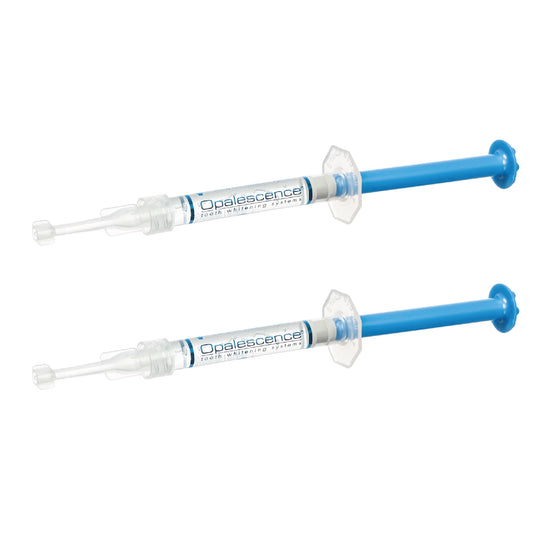Does teeth whitening really work? Find out the truth

Enter any conversation about aesthetics and oral health, and a question immediately arises: does teeth whitening really work? Who has never dreamed of revealing a brilliant smile without being ashamed of the color of their teeth? Even the most skeptical admit that whiter teeth increase self-confidence and well-being, opening doors both in the personal and professional context.
The idea of making your teeth visibly whiter has become accessible, especially with home remedies. But are these methods effective, or are they just unrealistic promises? We will delve deeper into this topic with credible data, dispel myths and give you practical and safe answers, so that you can choose the best way to take care of your smile.
What is teeth whitening?
Teeth whitening consists of techniques and treatments that aim to whiten and remove stains and pigmentation on teeth, often as part of an aesthetic treatment, alleviating tooth sensitivity that can be caused by a number of factors. Popularized in Portugal in recent years, these methods have become a self-care routine both in dental practices and at home, through specific kits.
The color of your teeth is influenced by a number of factors, including genetics, age, diet (especially drinks like coffee, tea, or red wine), tobacco, and even some medications. Over time, teeth tend to become darker or yellower, which has led to the development of methods to whiten teeth safely and effectively.
Among the available options, the following stand out:
- Treatments carried out in the office, supervised by dental professionals.
- Home-use kits, typically consisting of whitening gels, trays or strips.
- Maintenance products, such as whitening pastes and rinses.
How does teeth whitening work?
When it comes to teeth whitening at home or in the dentist's office, the mechanism of action almost always involves products based on hydrogen peroxide or carbamide. These compounds release active oxygen, penetrating the structure of the enamel and breaking down the molecules responsible for stains.
There are two main approaches:
- In-office whitening Here, a higher concentration of whitening agents is used, which speeds up the results. In general, the session lasts between 30 and 90 minutes and may require protection of the gums.
- Kits to make at home Home kits offer lower concentrations, allowing safe use without direct dentist supervision. The user applies the gel in custom-made trays or strips directly to the teeth for several days in a row, according to the manufacturer's instructions.
Some concrete benefits of this option include:
- Convenience of having treatment in the comfort of your own home.
- Significantly lower cost than in-office treatment.
- Possibility of periodic maintenance to prolong the effect.
Quality, clinically tested products, such as those available at Hey Whitening, provide peace of mind and effectiveness without compromising the health of your teeth.
Results: what to expect?
Teeth whitening works, and several studies confirm visible improvements in tooth color after just one week of correct use. The effect varies depending on the type of stain, the user's habits and the degree of initial darkening. In realistic terms:
- Superficial stains caused by food, drinks or tobacco respond better and faster.
- Deep pigmentation (caused by aging or trauma) may not disappear completely, but tends to improve considerably with appropriate aesthetic treatment.
- The durability of the whitening depends on oral hygiene and dietary care after the procedure.
Simplified table of potential outcomes:
| Type of Stains | Bleaching Response | Estimated Time to Results |
|---|---|---|
| Coffee, tea, wine, tobacco | High | 1 to 2 weeks |
| Medications (tetracyclines) | Moderate | 4 to 6 weeks |
| Age/Aging | Good to moderate | 2 to 4 weeks |
| Dental trauma | Variable | 3 to 6 weeks |
Frequently asked questions and common mistakes
Research on teeth whitening is full of questions and myths that can affect those considering this type of treatment. Here are some of the most common questions:
1. Does teeth whitening damage enamel? When you follow the manufacturers' recommendations and choose certified products, there is no risk of damaging your tooth enamel. The danger lies in excessive use, in homemade formulations with lemon or bicarbonate, or in questionable, unapproved solutions.
2. Do you feel pain or sensitivity during treatment? It is possible to experience temporary tooth sensitivity, especially to hot or cold temperatures. This effect is usually mild and disappears within 24 to 72 hours after finishing the treatment. Some kits, such as those available from Hey Whitening, include formulas that minimize this reaction.
3. Can everyone have teeth whitening? Whitening is recommended for adults with natural teeth, without cavities or gum problems. Dentures, crowns or veneers do not react to the whitening agent, which may cause color differences. Pregnant women, nursing mothers or people with known allergies to the ingredients should consult a specialist before proceeding.
4. How long do the results last? From 6 months to 2 years, depending on eating habits, oral hygiene and regular maintenance (possibly with occasional reinforcement sessions).
Mistakes to avoid:
- Using bleaching products of dubious origin.
- Mix untested homemade recipes (lemon, baking soda, activated charcoal).
- Applying too much gel, believing that it will speed up the results.
- Neglecting to visit the dentist regularly for a general assessment of oral health.
Practical recommendations for effective teeth whitening
Despite the growing supply of teeth whitening solutions, some precautions are essential to ensure effectiveness and safety:
- Choose kits with recognized certification, accompanied by instructions and approved ingredients.
- Always respect the application time and frequency recommended by the manufacturer.
- Take before and after photos to assess progress.
- Reduce consumption of pigmented foods or drinks after each session, avoiding, for example, red wine, coffee or dark soft drinks.
- Reinforce daily oral hygiene with gentle brushing, dental floss and a suitable mouthwash (preferably alcohol-free), helping to minimize tooth sensitivity.
You can also invest in whitening toothpastes for maintenance, which prolongs the effect without damaging the enamel.
If you're looking for tested products, with reviews from real users and a satisfaction guarantee, you'll find several options at Hey Whitening .
Frequently Asked Questions: FAQ
Is teeth whitening safe to use at home?
Yes, as long as you use approved kits and follow the instructions. Hey Whitening products, for example, are developed to ensure safety and proven results.
How long does it take to notice a difference?
Most people notice whiter teeth within one to two weeks. In cases of deep stains, longer treatment may be necessary.
Can I have teeth whitening if I have braces?
It is not recommended for fixed braces. You should wait until the braces are completely removed to ensure a uniform result.
What if I have crowns or implants?
These materials do not change color with whitening, so a later adjustment may be necessary to even out the tone of your natural teeth and dentures.
Can children whiten their teeth?
Treatment is only recommended for adults. For adolescents, always consult a dentist.
Aim for a renewed smile
The confidence of a well-cared-for smile is within everyone's reach. If you are looking for effective, safe and simple teeth whitening to integrate into your routine, or even a more comprehensive aesthetic treatment, the first step is to opt for reliable solutions, such as tested and approved kits, avoiding shortcuts that could put your oral health at risk.
Ready to transform your smile? Discover our kits → Hey Whitening teeth whitening
Meta title: Does teeth whitening work? What to know before you go ahead
Meta description: Find out if teeth whitening works at home, how it is done, myths and tips for effective results. Practical guide for adults in Portugal.

